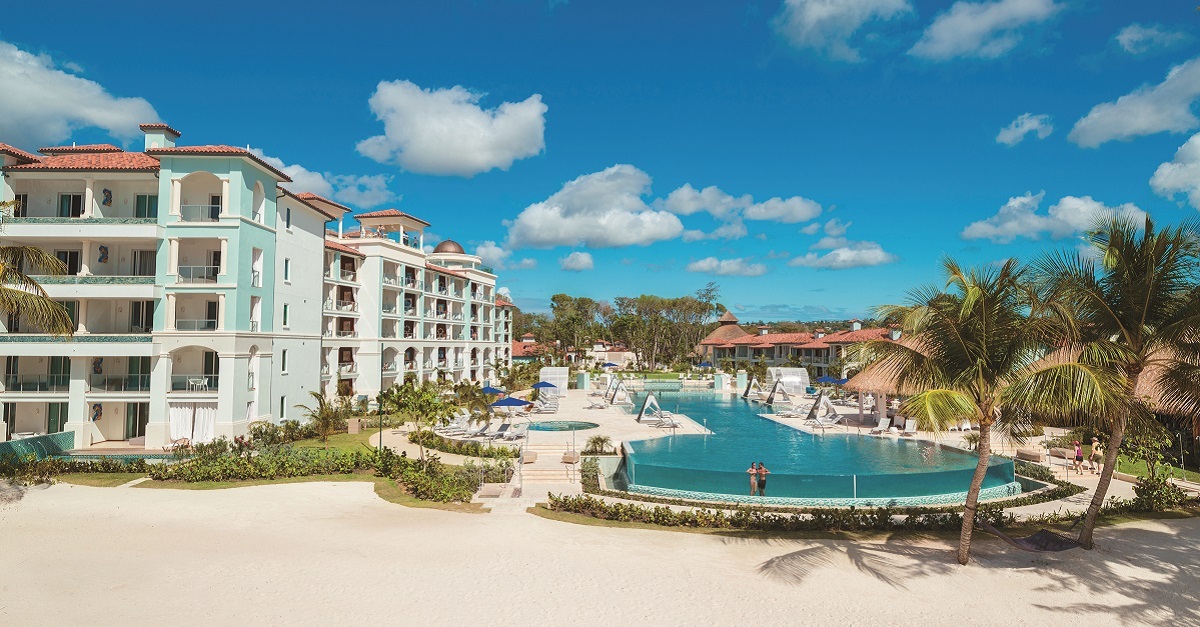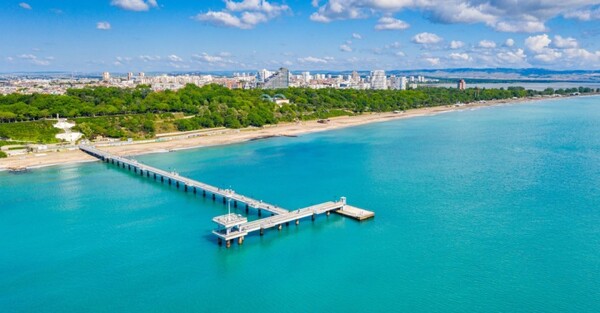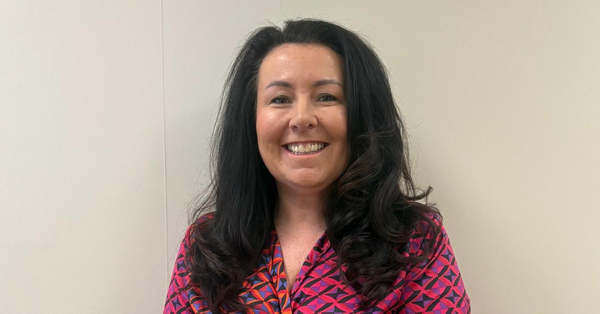You are viewing 1 of your 2 free articles
Holidays emerging as ‘top priority' purchase, Barclays reports
Strong spending with travel agents and airlines in March was reported by Barclays today (Tuesday) as holidays were highlighted as a “top priority purchase”.
Overall travel spend was up 5.7% year-on-year last month - up from 5.1% per cent in February.
Both travel agents (7.1%) and airlines (7.4%) saw strong growth, according to latest consumer card spending data from the bank.
Transaction growth through agents was up by 13.1% over the previous month, while airlines saw a 1.3% decline despite increased spend.
Spending on hospitality and leisure increased 2.8% in March, “suggesting consumers prioritised experiences and making memories over material goods,” the report noted.
“Three fifths (61%) of consumers say they have spent on non-essential items even when were financially stretched, with holidays emerging as the top priority purchase,” Barclays added.
Ongoing outlay on travel came in the face of consumers feeling less confident in their household finances and continuing to find ways to cut back on essential costs in anticipation of rising bills and inflation on imported products, according to the data.
This was reflected in a 0.2% decline in overall retail spending in March against 0.6% growth in February.
Barclays head of retail Karen Johnson said: “Consumers are feeling the pressure of rising bills, alongside being mindful of the impact recent global events may have on their finances.
“In a bid to keep costs down, households are adopting more prudent budgeting , which has led to a resurgence of the ’big weekly shop’
“There are some welcome green shoots however, as the warmer weather and longer evenings encouraged consumers to invest time and money in gardening and DIY- a trend that looks set to continue in the run up to Easter.”
The bank’s chief UK economist Jack Meaning added: “Following stronger than expected GDP growth in February, today’s data highlights the risks to consumer spending in the months ahead.
“The impacts of heightened uncertainty and rising bills are already being felt.
“We expect spending to remain muted through mid-2025, before picking up into 2026 as interest rates easing starts to be felt and uncertainty begins to normalise.”


















